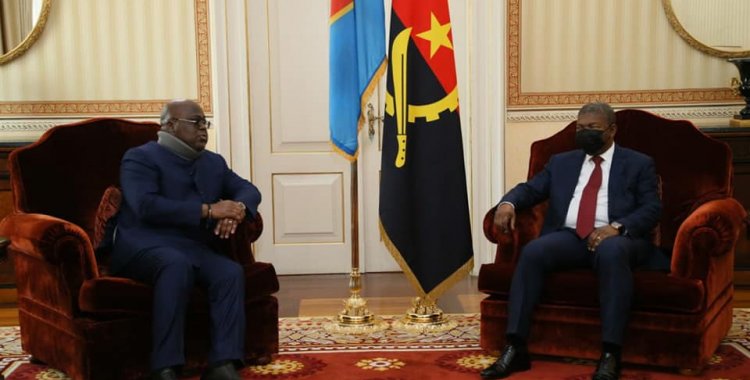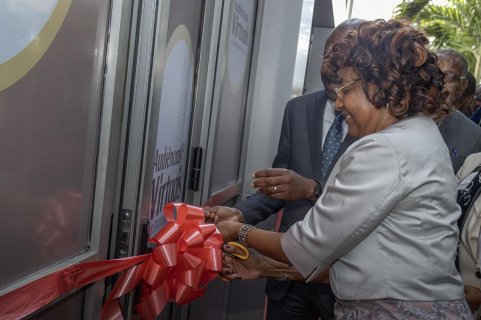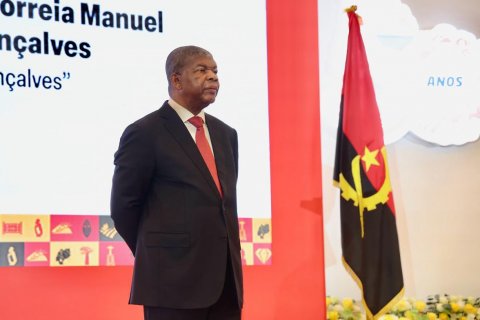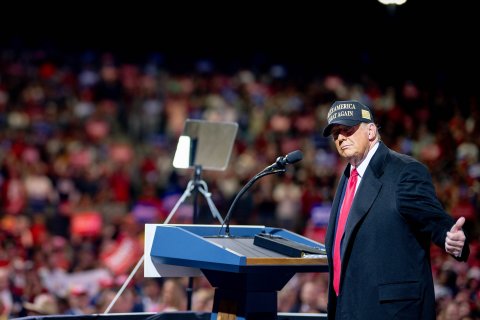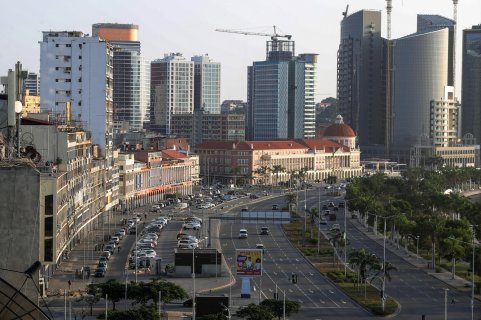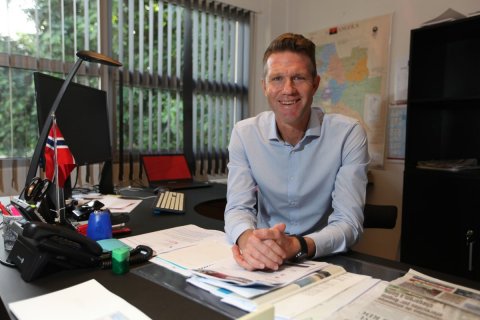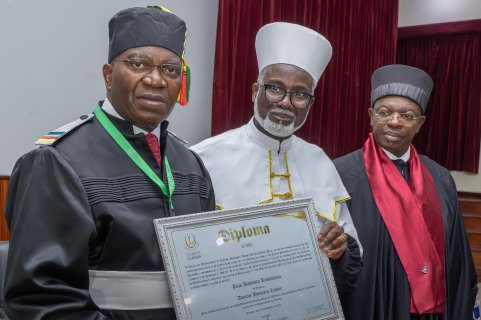"Following the mandate received at the recent Malabo Summit", João Lourenço "hosted this morning in Luanda, President Félix-Antoine Tshisekedi, President of the Democratic Republic of Congo, in a meeting to address issues related to the growing tension between the Democratic Republic of Congo and the Republic of Rwanda".
At the meeting, "various aspects were discussed that can contribute to the peaceful resolution of the dispute between the two countries", the statement said.
"In this sense (...) Félix-Antoine Tshisekedi (...) at the request of his Angolan counterpart, he agreed to release two recently captured Rwandan soldiers", he adds.
"This step aims to contribute to the reduction of the tension that hovers in the relationship between the two countries mentioned", he explains.
The statement also mentions that following the meeting with the leader of the RDCongo, João Lourenço held during the afternoon "a conversation, by videoconference" with the President of Rwanda, Paul Kagame, "during which the same aspects discussed with his counterpart of the DRCongo".
"These discussions allowed the two heads of state to reach an understanding on the holding in Luanda, on a date to be announced shortly, of a summit in which, at the invitation of the Angolan head of state, the heads of state of the Democratic Republic of Congo and Republic of Rwanda, in order to take care of all aspects that can help, in a consistent way, to promote the de-escalation of the tension currently prevailing on the border between the two countries and thus contribute to the strengthening of peace in the sub-region", concludes the note.
Tension between Rwanda and DRCongo has grown exponentially in recent months, after the resumption of fighting last March between the army and the March 23 rebel movement (M23), which Kinshasa says is supported by the neighboring country, an accusation denied by Kigali.
Both countries requested the intervention of the Enhanced Joint Verification Mechanism (EJVM), established by the International Conference of the Great Lakes Region (CIRGL) to investigate security incidents in its 12 member states.
Rwanda demanded last Saturday that the DRCongo release two soldiers from its army kidnapped while patrolling the border with that country, on the same day that the Government of DRCongo suspended Rwandair flights to its territory, in protest against the alleged support of Kigali to the rebels.
This Monday, the spokesman of the Congolese Government, Patrick Muyaya, said that the country did not exclude "the rupture of diplomatic relations" with Rwanda.
Last week, the Congolese armed forces recaptured several towns taken by the M23 after heavy fighting in the northeast of the country.
The M23 was created on 4 April 2012, when DR Congo soldiers revolted at the loss of power of their leader, Bosco Ntaganda, accused by the International Criminal Court (ICC) of war crimes for alleged violations of the peace agreement of 23 March 2009, the date that gave the movement its name.
In 2012, the M23 occupied Goma, capital of the Congolese northeast province of North Kivu, for two weeks, but international pressure forced the rebel movement to withdraw and start peace talks with the DR Congo government in Kinshasa.
For more than two decades, eastern DRCongo has seen conflicts fueled by rebel militias and attacks by the Congolese army, despite the presence of the UN peacekeeping mission (Monusco), which has more than 14,000 troops in the country.

